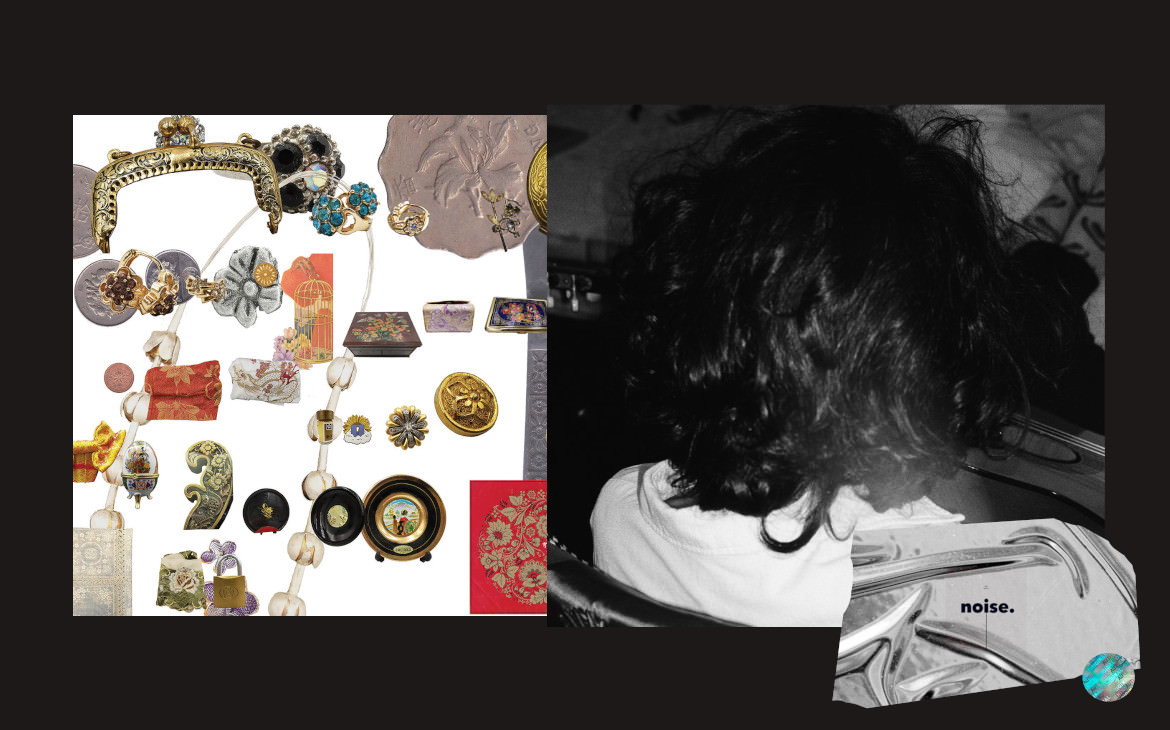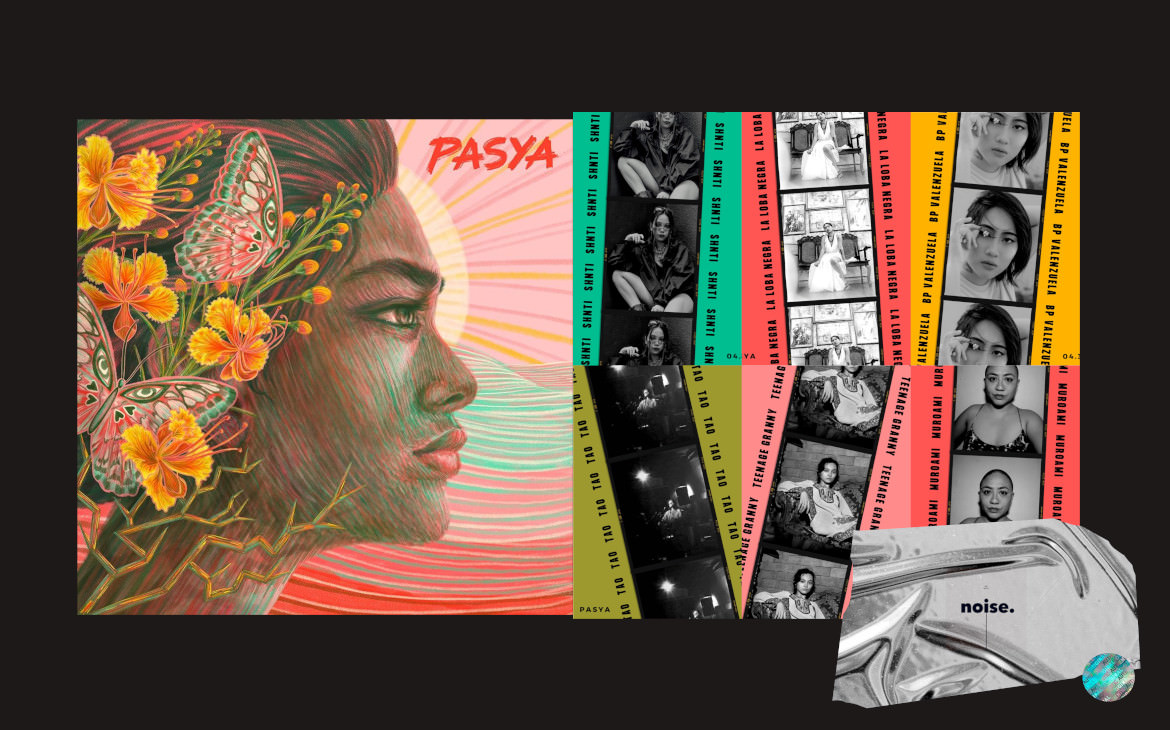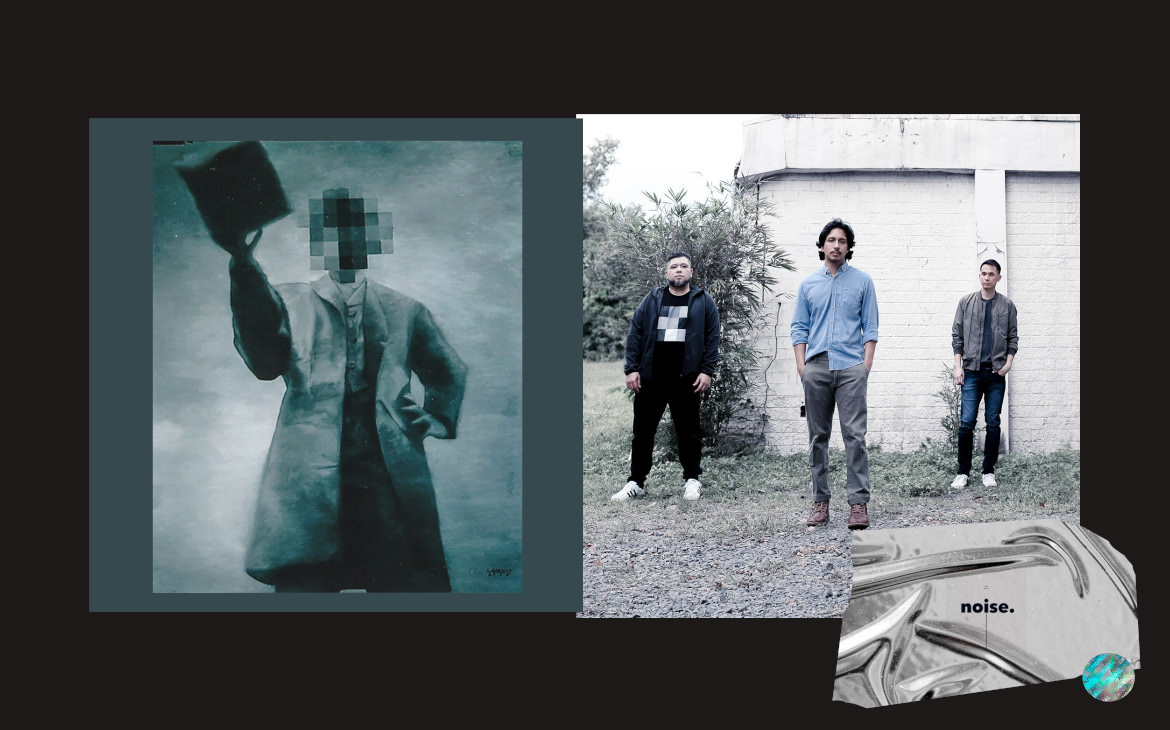Words by Aldus Santos
Even a cursory sweep of early press on Singapore’s Subsonic Eye will tell you they’ve been aggressively pigeonholed: dreampop this, shoegaze that; angular post-rock here, ethereal noise there. On the one hand it’s a useful map for new fans, streaming nomads, and chance-encounter fiends. But on the other, they and their ilk are, ultimately, shackled by labels that carry neither musical import nor clarity of thought.
On Nature of Things, their third full-length release under Middle Class Cigars, they shed dog-eared associations and churn out some of the most memorable tunes in any genre, and they do it with equal parts emotional transparency and technical relish. It finds the band locating that elusive sweet spot between the pedestrian and the cerebral: a masterclass trapeze act, if we’re being honest. Listening to the carefree gear-shifting in the first act alone—the moody bedroom noodling of “Consumer Blues,” the jangly major-seventh magnificence of “Cabin Fever,” the sonic urgency of “Fruitcake”—one hears not just lots of heart but also an unmistakable diligence.
Clearly, Nature isn’t the work of a band who, when faced with an arrangement conundrum, would settle for a “jam.” They sound like bright-eyed puzzle-piecers and spirited problem-solvers, not over-compensators who would needlessly regale us with sorry stabs at Bach, say, or Zappa. In short, they’re not middle-of-the-road settlers, but they’re not prisoners of flash either.
Jump from “Animinimism” to “Further” and you experience wildly disparate cadences, and this I feel is a key strength of Subsonic Eye’s, knowing how most math-y bands almost always gravitate towards pulsating rhythms, equating over-sensitized maximalism with optimal expression. Oh, to each his own, definitely, but it still has to be said: Subsonic’s predilection for the understated belies their youth, and they’re all the better for it. Nature of Things, as a whole, feels like Laurel Canyon material reimagined for the new world: forged in the calming ars poetica of Roger McGuinn and the melancholy of Cass Elliot, but polished with nerdy Chris-Walla-and-Sufjan-Stevens studio aplomb. It is resolutely guitar-driven, too, but not in a way that’s outmoded or facetiously long-winded, for the sake of giving the instrument some speaking lines, in a manner of speaking.
In the middle of the layer cake, naturally, sits Nur Wahida’s pretty (and pretty laidback) vocal work, a real gem which conjures the best of ‘90s canon, from Harriet Wheeler to Liz Phair and every starry-eyed damsel in between. Meanwhile, Daniel Castro Borces’ fretwork is complemented beautifully by Jared Lim’s, their interplay being more akin to a sort of textural renga rather than a trading-bars proposition. The rhythm section—bassist Spencer Tan and drummer Lucas Tee—naturally shine on more propulsive cuts like “Spiral” and “Unearth,” but really, it is in the more midtempo numbers where they are more, shall we say, dutiful and workmanlike in tethering the dream to the earth.
The record’s exit tune (the aforementioned “Unearth”) is perhaps most emblematic of their collective powers, and how those powers coalesce into a rich dish that works. While Nature of Things hints at a “sonic metamorphosis” that serves as “a source of life-affirming refuge”—as the official release for the album suggests—I can imagine it being further stripped of modulation, being “earthier” in sonics, and having more grime and soot. More organic elements do exist in the record, but picture it being executed in real live fashion: a captive mise en scène sans patches and plug-ins.
That, I understand, may be an unappealing (even scary) route for a band for whom polish-and-sheen has worked like a charm, but Nature, as it exists, is a great start: it shows fans of the band that there is indeed wiggle room, and they’re not afraid to shake a leg or cross their legs in it. I, for one, am thrilled at the mere prospect.






